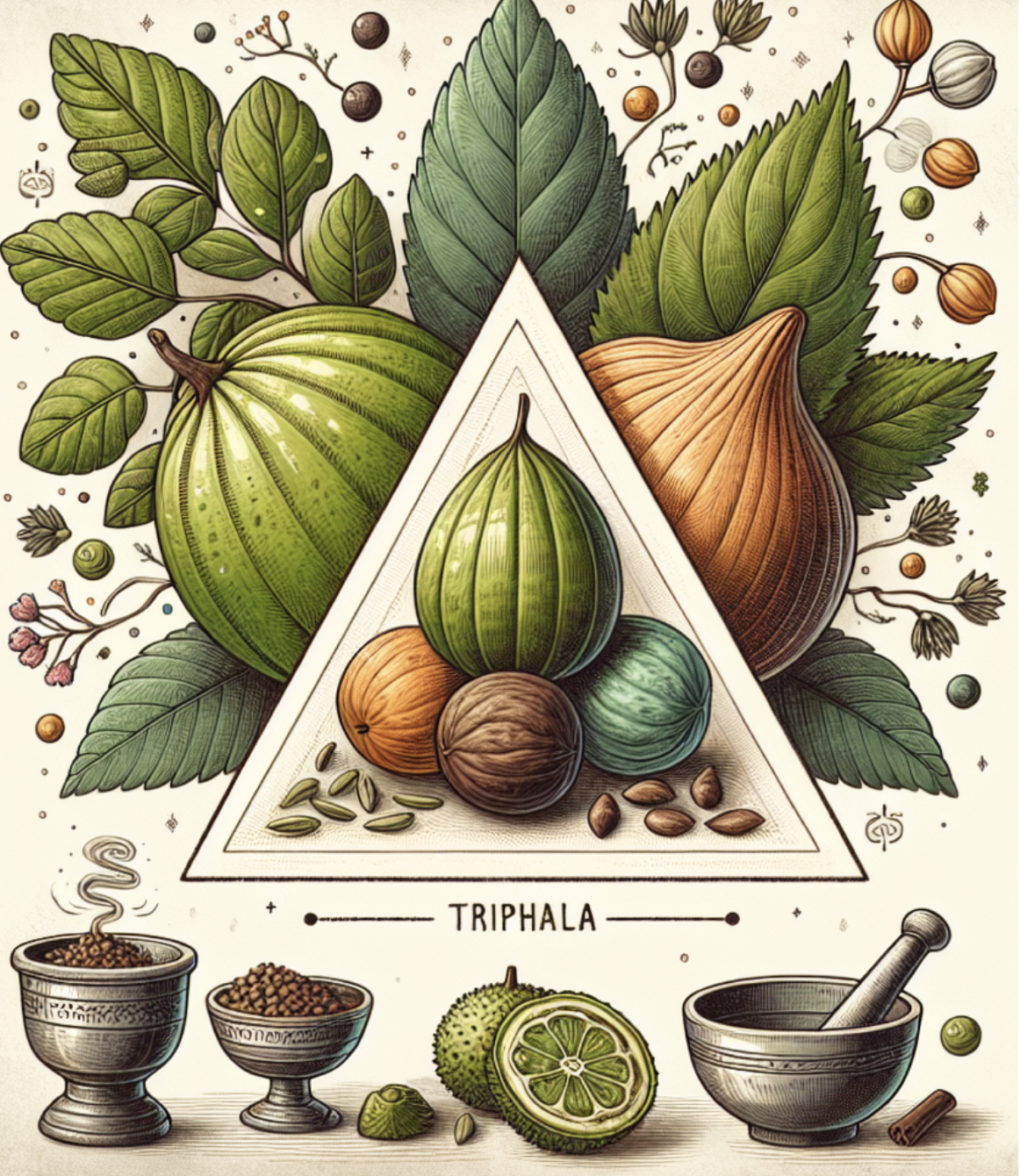
For centuries, chocolate has been associated with romance, passion, and even aphrodisiac properties. Whether it’s given as a romantic gift on Valentine’s Day or enjoyed as a sweet indulgence, many people believe chocolate has the power to enhance desire. But is there any truth to this common belief, or is it just a myth? Let’s dive into the science behind chocolate and its supposed aphrodisiac effects.
The Origins of Chocolate as an Aphrodisiac
Chocolate’s reputation as an aphrodisiac dates back to ancient civilizations. The Aztecs and Mayans consumed cacao in its purest form, believing it provided strength and enhanced sensual pleasure. Even historical figures such as Montezuma and Casanova were thought to have consumed large amounts of chocolate to boost their romantic encounters.
But does science back up these claims?
What Science Says About Chocolate and Attraction
Modern research suggests that while chocolate contains compounds that affect mood and brain function, its direct impact on libido is minimal. Some key components of chocolate include:
- Phenylethylamine (PEA) – A compound that boosts dopamine levels and promotes feelings of happiness, often associated with love and pleasure.
- Serotonin – A neurotransmitter that can improve mood and create a sense of well-being.
- Theobromine – A mild stimulant that can increase heart rate and energy levels.
While these compounds can enhance mood and create a sense of pleasure, there is no concrete scientific evidence linking chocolate consumption to an increase in sexual desire or performance.
The Gender Factor: Does Chocolate Affect Men and Women Differently?
Researchers have explored whether chocolate’s effects differ based on gender. Studies have suggested that women may experience stronger emotional reactions to chocolate due to its influence on serotonin levels. This could explain why chocolate is often marketed as a feel-good indulgence for women.
However, this emotional response does not equate to an actual aphrodisiac effect. The pleasurable sensations from eating chocolate are more related to its taste, texture, and biochemical impact on the brain rather than any direct influence on sexual attraction.
The Psychological Effect: Is It Just a Placebo?
In many cases, the belief that chocolate is an aphrodisiac may be more about psychological influence than biological effects. If people associate chocolate with romance and passion, consuming it may create an emotional response that enhances desire—not because of its composition, but because of the expectation attached to it.
Conclusion: Myth or Reality?
Despite its long-standing reputation, modern science debunks the idea that chocolate is a true aphrodisiac. While it contains compounds that can uplift mood and induce pleasure, there is no substantial evidence proving that chocolate enhances sexual desire. Instead, the association between chocolate and romance is largely cultural and psychological.
So, the next time you gift chocolate to a loved one, remember that while it may bring joy, its aphrodisiac powers remain a sweet but mythical belief.
Learn more about the medicinal properties of:
Resource Links:
Futurity – Nope, chocolate isn’t actually an aphrodisiac
Brandeis University – Is chocolate a catalyst for romance? It’s complicated.


















